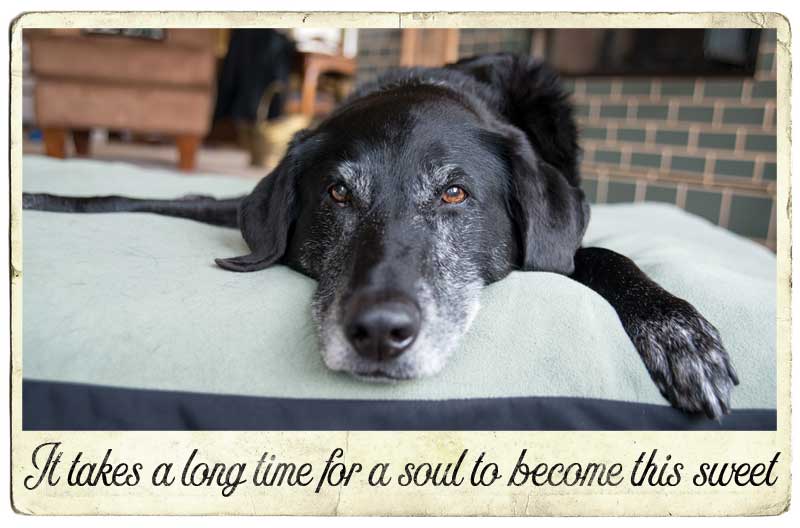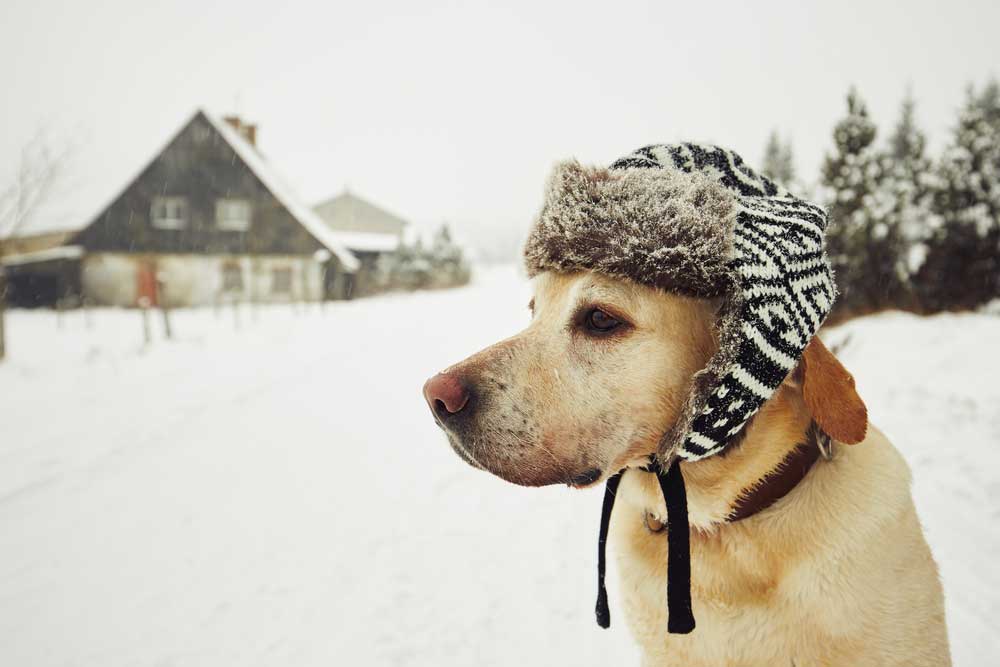No products in the cart.
Digestive Issues In Pets, Natural Pet Health
4 Simple ways to improve your older pet’s life this winter
We all love puppies and kittens, but there is nothing like the love and affection of an older dog or cat… after all, it takes a long time for a soul to become this sweet! And in wintertime, our older furry companions need some extra special care to make sure they are comfortable and not suffering any worse from common conditions such as stiff joints, bladder leakage and changes in appetite. There are many ways by which we can help to improve our older pet’s life in winter, simply and naturally. Tom Farrington MVB MRCVS VetMFHom – Chief Veterinary Medical Advisor for HomeoPet tells us how…

Keep active
Movement is the most fundamentally important factor in our pets’ quality of life as they age. When I say ‘movement’ I don’t mean exertion, especially for older animals. I once treated a dog whose owners were taking him for an 11km walk every day, but his arthritis meant this was over-use, and while at first it was ok, for 1-4km he was in pain and the exertion was making his condition worse. Now he still walks 5 km a day but one at a time, spread out over the day. He’s building up his muscles, not plodding along in pain. Older cats can be a little more challenging when it comes to encouraging them to move around. Try adding some catnip or favourite treats crumpled in a paper bag to tempt your cat. Adding supplements such as glucosamine to your pet’s diet, or a natural medicine such as HomeoPet Joint Stress can improve arthritic conditions in our older cats and dogs. From a little stiffness when first standing up to more serious arthritic conditions, Joint Stress is widely recommended for older cats and dogs not only to relieve the inflammation of their joints but more importantly to improve their mobility. For animals with more serious conditions, Joint Stress drops can be combined with conventional medicine because there are no known side effects and no interactions with pharmaceuticals.
Stay hydrated
It’s crucial to ensure that your dog or cat drinks plenty of water to support arthritic conditions, because it’s water and salt that lubricate the joints. One trick to encourage your pet to drink more water is to add some chicken stock to the water bowl. The enticing smell and enhanced flavour will intrigue your pet and encourage your pet to drink. During summer, you can add the stock in the form of ice cubes, to do double duty as flavour enhancer and coolant. Choose the most natural and lowest sodium stock you can find.
Accidents happen… keep them clean and dry
Bladder leakage or urinary incontinence is another common complaint that develops in older pets and is one that can become more of an issue in winter as your pet spends more time inside. You might notice wet patches on their bedding or on the pet herself, noticing that she’s often damp around the rear end. Even worse, it might develop that they can’t hold on to alleviate themselves in the right spot – outside for dogs or in the litter box for cats. It’s a frustrating situation for pet owners, who end up constantly washing and cleaning bedding, floors and the pet herself or himself, to protect their skin from irritation and the home from odours. It’s important to encourage your senior pet to visit their toilet spot more frequently as they age and a good idea to upgrade their bedding to make sure the covers are removable and machine washable. You might even consider adding a plastic waterproof layer between the cushion and the cover to prevent any odours from penetrating into the cushion. Natural support for urinary incontinence is available in the form of Homeopet’s Leaks No More medicine. This natural formula helps to tighten the urinary sphincter and reduce the wet patches or to give the animal more time to reach the right spot for relieving.
A healthy tummy
Another common change in our pets as they age is their appetite and digestive system, which can become more sensitive and require support to ensure your pet is absorbing the nutrients from his food and maintaining a healthy weight. Just like people, many of our pets can experience non-specific digestive upsets, especially as we age, and a natural formula such as Homeopet’s Digestive Upsets medicine can make all the difference. Some of the symptoms our older fur friends might exhibit, besides a loss of appetite or interest in their food, include vomiting or retching, diarrhoea or its opposite, constipation. It’s vitally important that you take your pet to see your vet for any digestive symptoms, as there can be serious and even life-threatening conditions underlying these symptoms. Once a correct diagnosis is complete, talk to your pet health care professional about using Digestive Upsets to support the digestive system for optimum health. For our golden oldies this winter, there’s nothing more important than a warm, draught-free spot for their bed, good nutrition, moderate exercise to encourage mobility, lots of water, snuggles with family and lots and lots of love.





